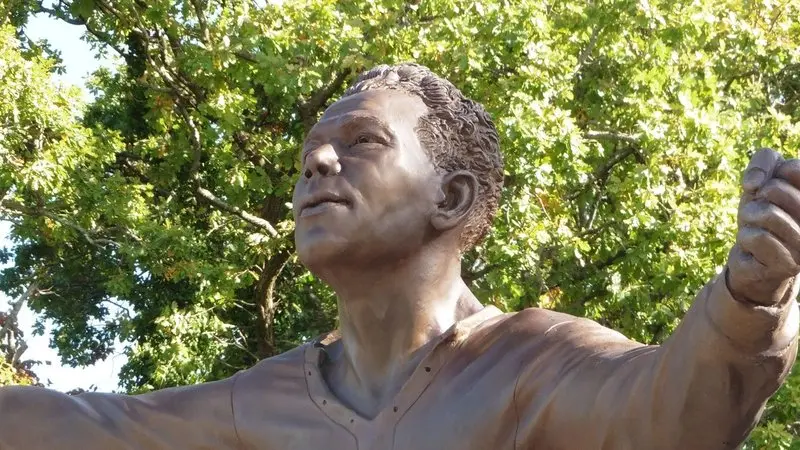Staff at the University of Exeter were among more than 40,000 lecturers and other academic and support staff who walked out on strike at 60 UK universities on Monday in protest over pay cuts, increased pension costs and deteriorating working conditions.
Members of the University and College Union (UCU) began eight days of strike action after agreement could not be reached with university representatives over ongoing disputes which caused significant disruption on campuses across the country during last year’s strikes.
The UCU said it feared that universities had learnt nothing from last year’s dispute, accusing them of “playing games” after their representatives ruled out discussing pay and failed to make a serious offer at recent talks over changes to the Universities Superannuation Scheme.
The changes will increase pension contributions while reducing benefits, leaving a typical scheme member £240,000 worse off.
At the same time the University of Exeter is the sixth most insecure employer in the Russell Group, and 23rd most insecure among 165 UK higher education institutions, with 64% of all academic staff employed on insecure contracts.
 Striking history lecturers Dr Jennifer Farrell and Dr Gemma Clark. Photo: @dr_j_farrell.
Striking history lecturers Dr Jennifer Farrell and Dr Gemma Clark. Photo: @dr_j_farrell.
A post-doctoral scientist at the University of Exeter College of Medicine and Health said: “University spending on staff has fallen to record lows in the last ten years, despite student numbers increasing. This has resulted in massive workloads and pressures, despite real-term pay falling.
“We feel passionately about our research and our students, and demand to be treated fairly with respect, not given precarious or zero-hours contracts and a worse pension.”
Another St Luke’s academic added: “Overall pay has declined in real terms, but this hits women and minority groups the most due to the pay gap, which compounds the effect. As a non-UK citizen my position is even more precarious, as when my temporary contract ends, I only have two weeks before I have to leave the country.
“Casualised and temporary contracts mean my position is very insecure: I’ve had six contracts in the last five years and done teaching for free. There needs to be action on this!”
 University of Exeter UCU strike picket at Streatham campus. Photo: @SabinaLeonelli.
University of Exeter UCU strike picket at Streatham campus. Photo: @SabinaLeonelli.
Strikers emphasised that those affected included not only lecturers, but also researchers, librarians and many other professional services staff.
A university librarian said: “Ever since the significant reduction in staff numbers, combined with increasing student numbers, library staff are especially stretched and overworked. It is actually written in to the strategic goals of the department to minimise staff spend, which makes working conditions really difficult.
“Lots of professional services staff are on low pay grades compared to their workload, in addition to the use of precarious contacts and threats of redundancies.”
A post-doctoral researcher added: “It is frustrating to be on strike over pensions again, but I feel even more strongly about the way that the university treats staff who are on casual contracts and those who are precariously employed.”
 University of Exeter UCU strike student supporters. Photo: @martinredfern.
University of Exeter UCU strike student supporters. Photo: @martinredfern.
UCU South West regional official, Nick Varney, said: “Strike action is a last resort, but universities’ refusal to deal with these key issues have left us with no alternative. It is staggering and insulting that universities have not done more to work with us to try and find a way to resolve these disputes.
“We hope students will continue to put pressure on university vice-chancellors to get their representatives back round the negotiating table for serious talks with the union.”
Last month UCU members backed strike action across the UK. 83% of University of Exeter UCU members polled voted for strikes over changes to pensions and 77% backed strikes over pay and conditions.
 University of Exeter UCU strike picket at St Luke’s campus. Photo: @lcpilling.
University of Exeter UCU strike picket at St Luke’s campus. Photo: @lcpilling.
A University of Exeter spokesperson said: “We know that strike action may be unsettling for many of our students, and we remain hopeful that the dispute will be resolved at a national level. We are working to mitigate the potential impact of industrial action and ensure any measures we put in place are the right ones for students and staff.”
Strikers at Streatham campus commented that university Vice-Chancellor Steve Smith’s pay appeared to reflect other priorities. He is due to receive £830,000 next year, the largest ever package in the sector.
The strikes will continue to Wednesday 4 December. Union members are also taking “action short of a strike” which includes working strictly to contract, not covering for absent colleagues and refusing to reschedule lectures lost to strike action.
There will also be a free teach-out from 12-4pm at St David’s Church this Friday 29 November facilitated by striking University of Exeter staff and student supporters.










